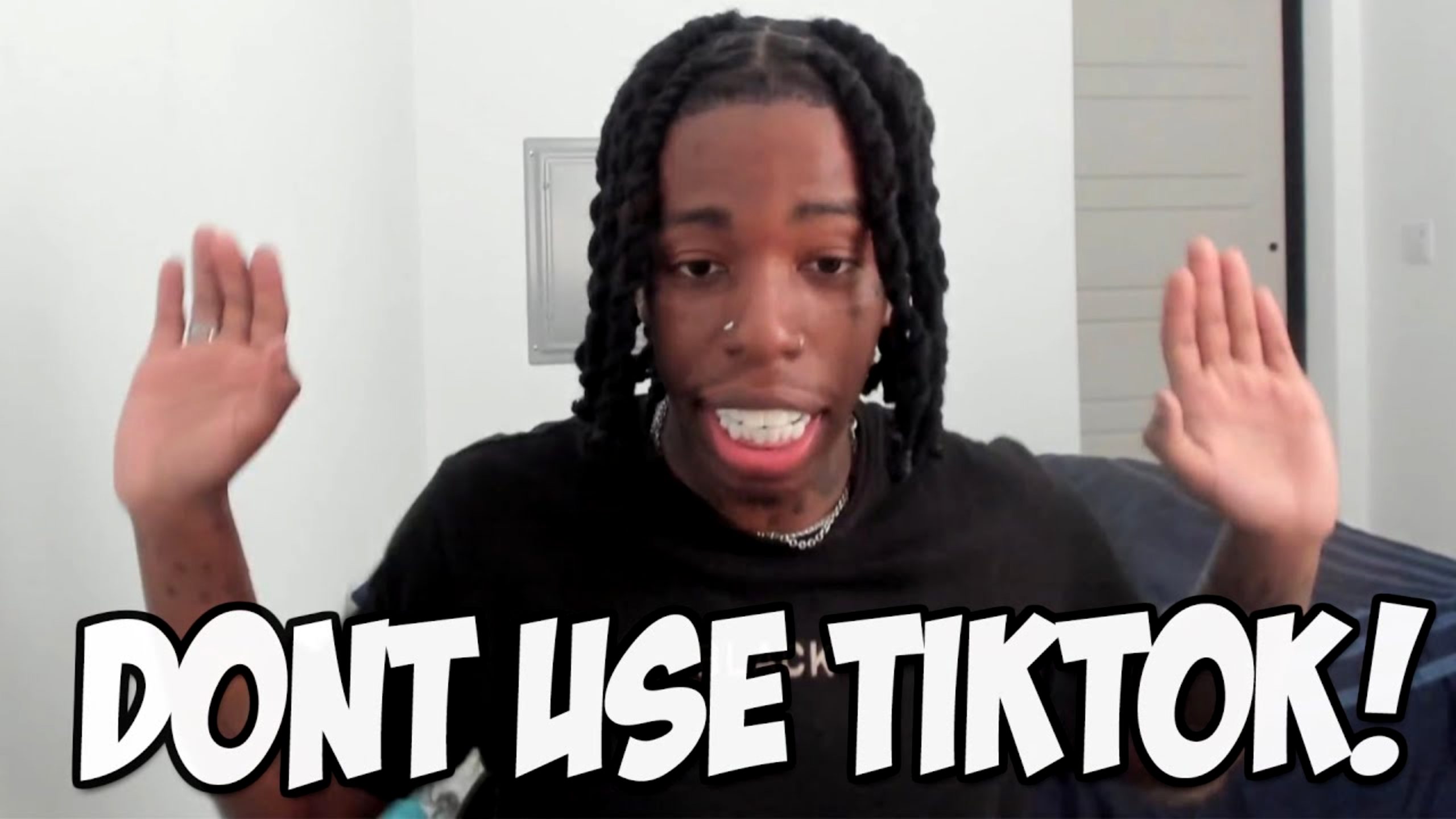Recently, there have been rumors that Pope Francis has banned the popular app TikTok.
This has raised many questions from people around the world, who are unsure if this is true or not.
In this post, we will explore whether or not the Pope has actually banned TikTok and what the implications of this could be.
What is TikTok?
TikTok is a popular social media app where users can create and share short videos.
It was launched in 2016 and has grown quickly, especially among younger generations.
Tiktok banned by Pope Francis
The app has become a way for people to express themselves through funny videos lip sync performances, and more.
Users can also interact with each other by liking commenting on and sharing videos.
TikTok is available for both iOS and Android devices as well as on the web.
With over 800 million monthly active users it’s one of the most popular social media apps in the world.
Why Was TikTok Banned?
TikTok, the popular social media app, was banned in India due to security concerns.
The Indian government had grown increasingly concerned about TikTok’s ability to collect user data without adequate safeguards in place.
This decision was also motivated by the Indian government’s desire to protect its citizens from the potential exploitation of their data.
The US government had already taken action against TikTok earlier in 2020, citing national security concerns.
As part of this effort, the US banned federal employees from downloading and using the app on their phones.
This move led to increased scrutiny of TikTok’s activities, leading the Indian government to ban the app altogether.
The ban on TikTok has also been discussed by Pope Francis who has expressed concern over the app’s potential to lead people into immoral activities or cause cyberbullying.
Pope Francis has called for users to be more responsible with their use of technology and to exercise caution when using apps like TikTok.
Who Is Pope Francis?
Pope Francis is the 266th and current pope of the Catholic Church and head of the Vatican City State.
He was elected on 13 March 2013 and chose his papal name after Saint Francis of Assisi.
He is the first pope from the America the first from the Southern Hemisphere and the first non European pope in more than a millennium.
Pope Francis has sought to emphasise the importance of mercy in his papacy, dedicating an entire year, from 8 December 2015 to 20 November 2016, to divine mercy.
He has spoken out against racism and economic inequality and supported initiatives to improve living conditions for the poor and vulnerable.
On 5 July 2017, he called on all Catholics to combat human trafficking and modern slavery.
He has also been critical of the arms trade and has repeatedly warned about climate change.
What Will Happen to TikTok Now?
Since the ban from Pope Francis, many people are wondering what will happen to TikTok.
As of now, the app remains banned for users in the Vatican City, but it is unclear if the ban will be extended to other countries.
While Pope Francis has not issued any further statement on the matter, it is possible that he may decide to impose a similar ban in other areas of the world.
At the same time, there have been some discussions about how TikTok could potentially modify its platform in order to meet the Pope’s expectations.
For example, some have suggested that the app could add age restrictions and more parental control settings.
This could limit access to certain content and make the platform more suitable for younger audiences.
Additionally, TikTok could implement more strict moderation policies in order to better address any inappropriate content that is posted.
In any case, it is still too early to tell what will happen to TikTok in the wake of this ban.
It is possible that the app could regain access to the Vatican City and other countries, but only time will tell.
We will have to wait and see what measures TikTok takes in order to appease Pope Francis and other authorities around the world.Read more
